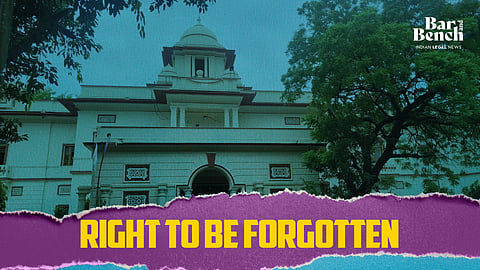In a significant step towards recognising a person’s right to be forgotten, a Delhi court recently passed a blanket order, directing media houses, Google and legal search engine India Kanoon to remove or de-index content linking a person to the alleged Moser Baer money laundering case.

